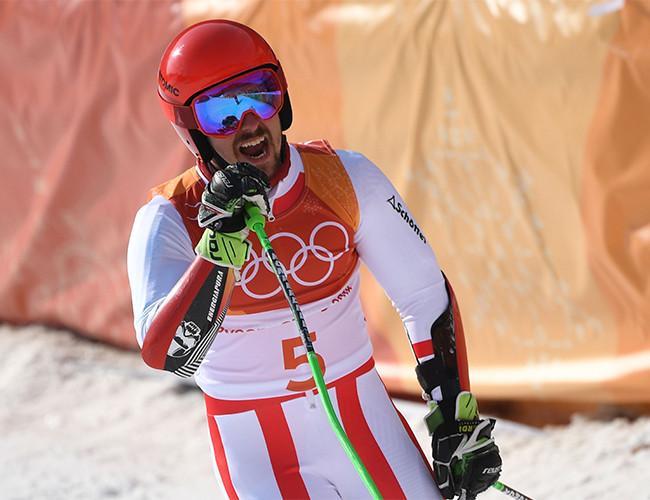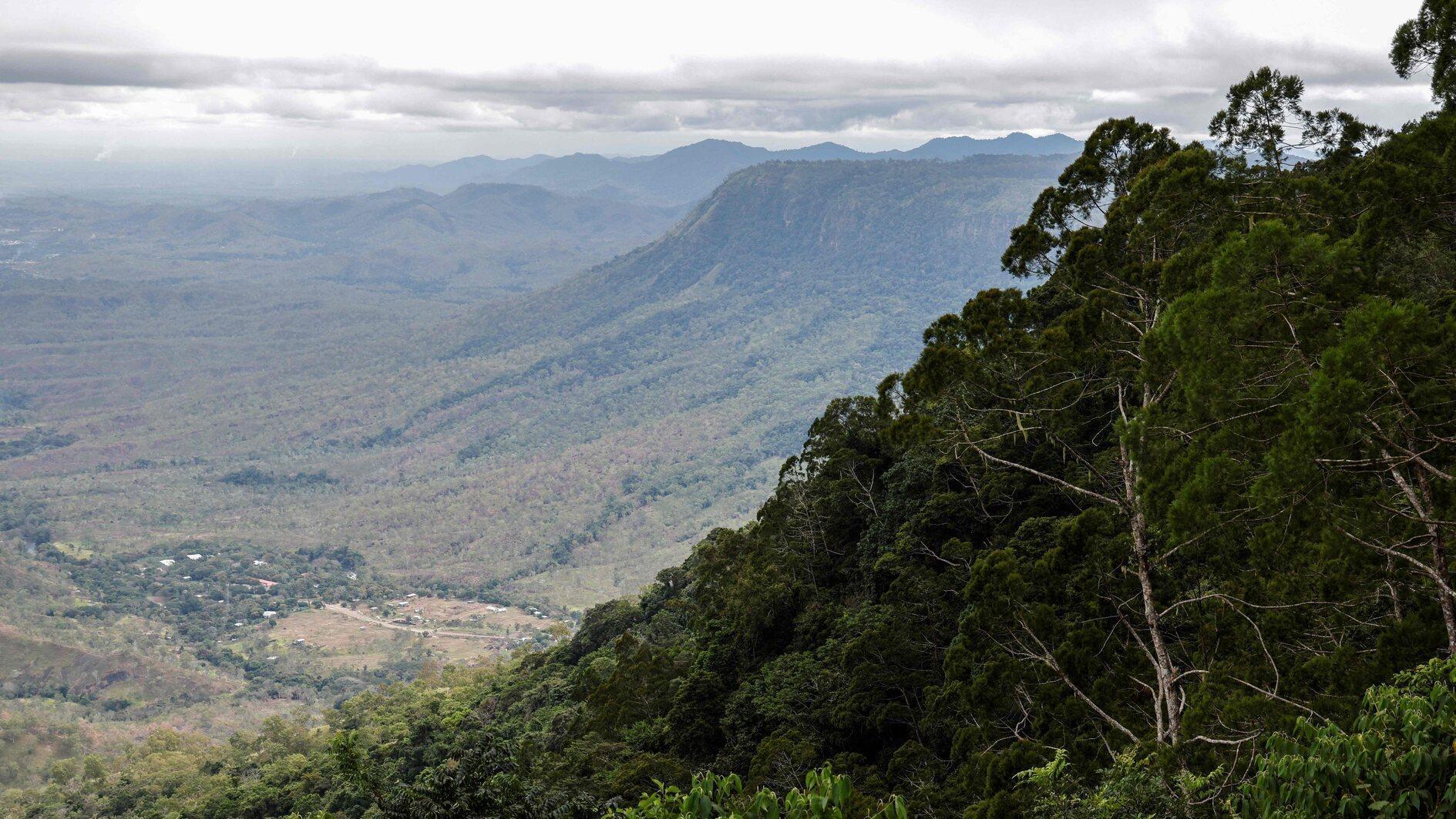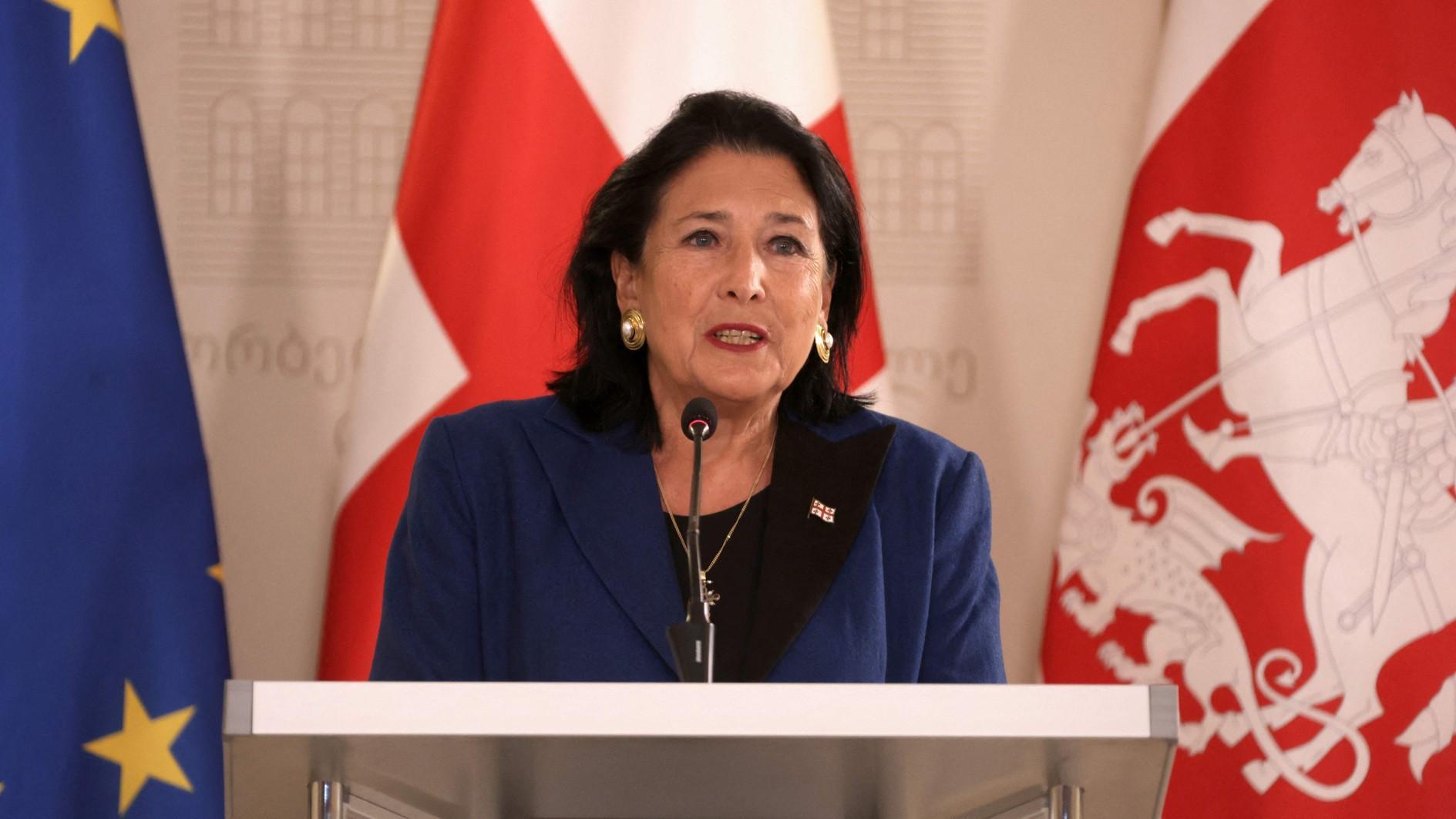Hirscher wins Olympic double with giant slalom victory
PYEONGCHANG

Austrian Marcel Hirscher claimed his second Olympic gold of the Pyeongchang Games on Feb. 18, showing all his class to comprehensively win the men’s giant slalom.
Hirscher, who finally won an individual gold in the alpine combined on Feb. 13 after dominating the World Cup for the last six years, clocked an aggregate of 2min 18.04sec down the Rainbow 1 course at the Yongpyong Alpine Centre.
Norwegian Henrik Kristoffersen claimed silver, 1.27sec adrift of Hirscher, with France’s Alexis Pinturault following up on his combined silver with bronze, a further four-hundredths back.
The 28-year-old Hirscher, a six-time consecutive World Cup overall champion, showed none of the nerves that afflicted American Mikaela Shiffrin in her failed attempt to defend her slalom title after winning the giant slalom the previous day.
He laid down a near-faultless first run on a course that saw many other racers come unstuck on a tricky, twisting run-in to the finish line.
That left him a very healthy 0.63sec ahead of closest rival Pinturault, Kristoffersen paying the price for a mistake to finish 10th, 1.31sec off the pace.
Aggressive second run
When the Norwegian took to the slope for the second run, he raced down in the fastest time in an impressive display of aggressive skiing, 0.04sec faster than Hirscher’s leg.
But Kristoffersen’s late heroics were not quite enough for a second alpine Norwegian gold of the Olympics as his Austrian nemesis powerered from the start gate to deliver yet another masterclass under pressure.
Defending Olympic champion Ted Ligety, however, had a shocker.
After failing to finish the super-G here, the 33-year-old American labored down the course in his bid to become the event’s oldest Olympic medallist, eventually coming in a massive 3.21sec behind Hirscher.
“Today was a definitely a tough day at the office,” said Ligety, who stormed to a shock first Olympic gold in the combined in Turin in 2006, before he had even won on the World Cup circuit.
That first World Cup victory came three weeks after Turin, when he won a giant slalom at Yongpyong. He hasn’t raced there since. “In the first run, I didn’t ski with anywhere near the intensity, cleanliness and attack I needed to,” he said.
















